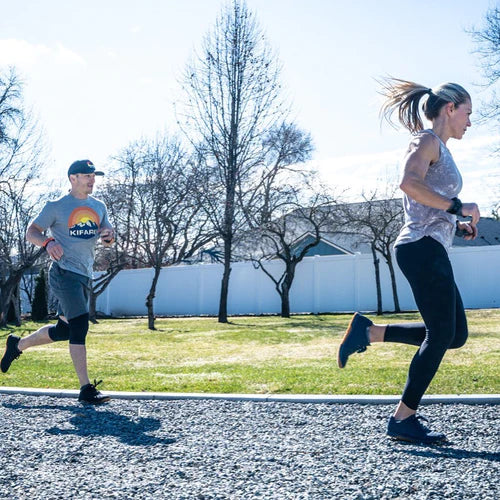We all know that exercise is important for our physical and mental well-being. However, despite this knowledge, many of us still struggle to make exercise a regular part of our routine. We may feel like we don't have the time, energy, or motivation to exercise, or we may believe that we need to follow a strict workout routine or go to a gym to see results. But the truth is that doing something is always better than doing nothing. Even a little bit of exercise can provide health benefits and improve our quality of life.
Regular exercise has numerous benefits for both physical and mental health. Studies have shown that exercise can help to reduce the risk of chronic diseases such as heart disease, stroke, and diabetes. It can also improve our immune system function, bone density, and sleep quality. Exercise has also been shown to be an effective treatment for anxiety and depression, and can improve our mood and cognitive function.
Despite the many benefits of exercise, many people still find it difficult to make exercise a regular part of their routine. Common excuses for not exercising include a lack of time, energy, or motivation. Some people may also believe that they need to follow a strict workout routine or go to a gym to see results. These beliefs can be barriers to starting a regular exercise routine.
The good news is that doing any type of physical activity, even for a short period, is better than doing nothing. Simple exercises like walking or bodyweight exercises can provide health benefits. Research has shown that even 10 minutes of moderate-intensity exercise can improve our mood and cognitive function. Additionally, incorporating physical activity into our daily routines, such as taking the stairs instead of the elevator or going for a walk during lunch, can help to increase our overall physical activity levels.
If you're struggling to make exercise a regular part of your routine, there are some simple tips that can help. Firstly, set achievable goals and make a plan. Start by setting small, realistic goals, such as going for a 10-minute walk every day. Then, gradually increase the intensity or duration of your workouts as you feel comfortable. Secondly, find an activity that you enjoy and that fits into your schedule. Whether it's yoga, running, or dancing, finding an activity that you enjoy can make exercise feel less like a chore and more like a fun and enjoyable activity. Finally, start small and be consistent. Consistency is key when it comes to exercise, so try to make it a regular part of your routine.
It's clear that any exercise is better than none. Even a small amount of physical activity can provide numerous health benefits and improve our quality of life. So, don't let excuses hold you back from exercising. Whether it's taking the stairs instead of the elevator, going for a walk during lunch, or starting a regular exercise routine, there are plenty of simple ways to incorporate physical activity into our daily lives. Start small, be consistent, and enjoy the many benefits that exercise has to offer.

